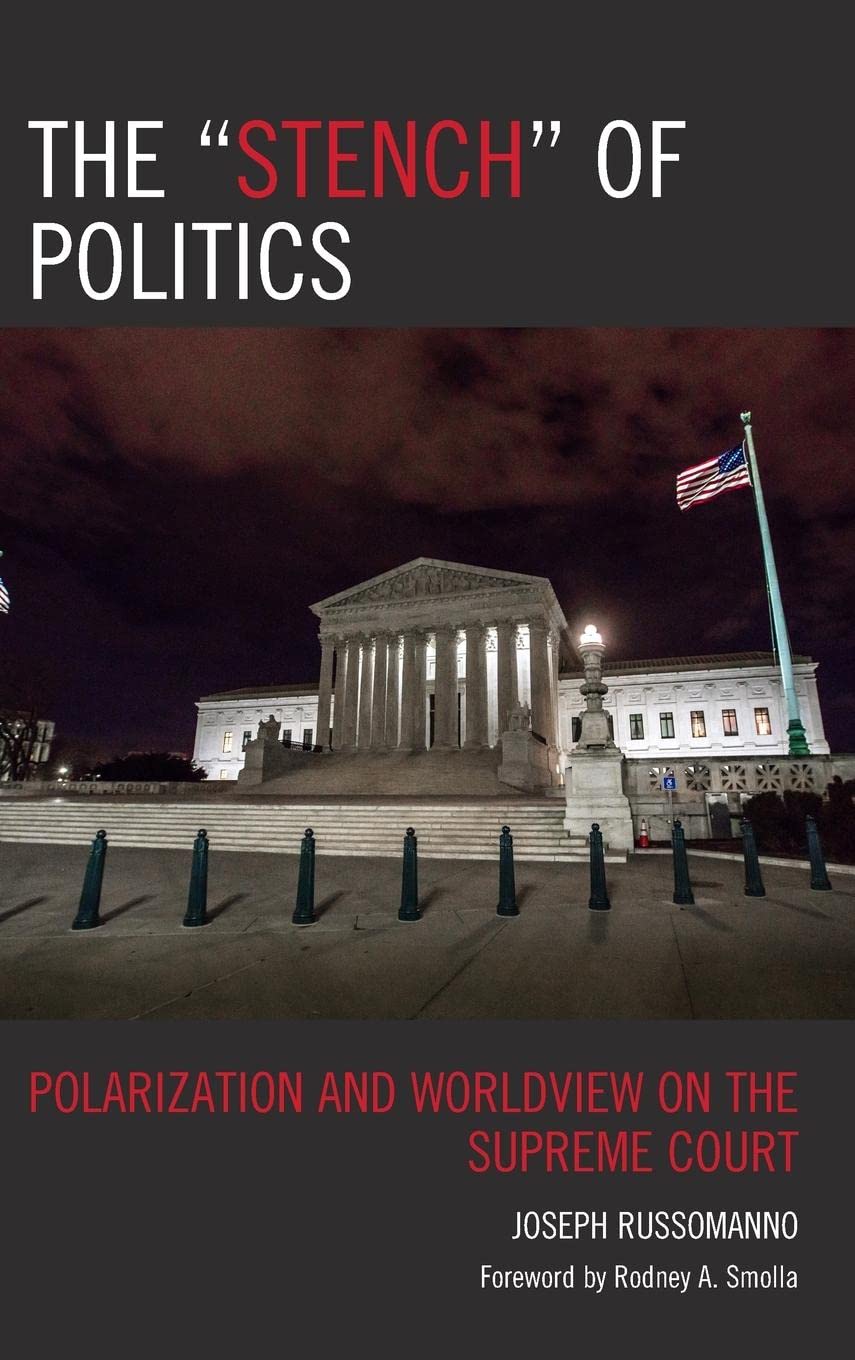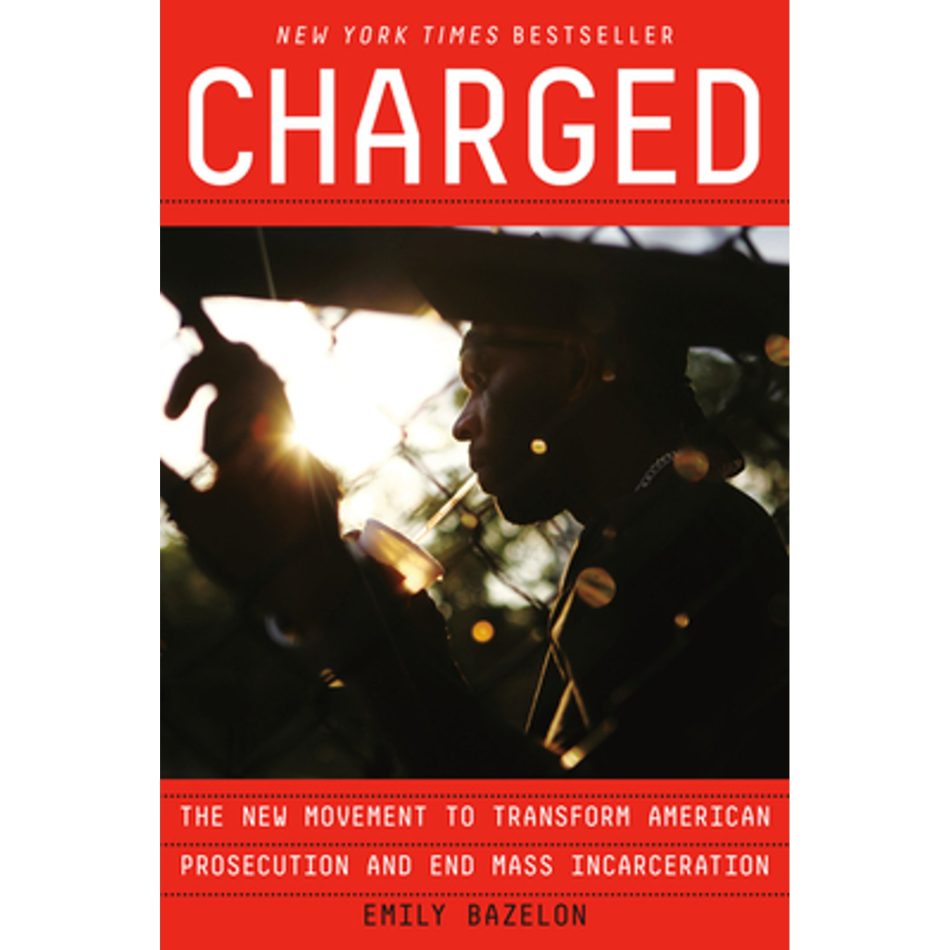Poor me, I’ve been in journalism for 15 years, and I’m still not entirely sure what content constitutes an ‘opinion’ and what constitutes a ‘blog.’ Some say opinions are fact-based, and my response is, you can’t write false facts in a blog either.
Others say a blog is typically written in an informal style and is often infused with personal feelings. Once again, my response is that many excellent opinion pieces are also written in an informal style and incorporate personal emotions. In fact, on many occasions, these opinion pieces make a great read compared to what are often referred to as ‘thought-provoking analytical pieces’ written in a ‘formal style.’ This raises another question: what exactly is an ‘in/formal style’?
I would like to leave you with this question and want to move forward carrying this confusion. For a long time, there is a deep belief inside me that as a journalist, my main job is to tell a story about others, not about me. That’s the reason I avoided writing in the first person. However, now my job has changed. I’ve shifted from being a full-time journalist to becoming a fellow, and writing blog is my job now. I’m also following the ‘first-person’ style in this blog, as many think this is the best blog style, without being entirely convinced.
For journalists, this is a prime occasion to follow American politics because of the upcoming elections and the Supreme Court’s continuous influence on many major issues that impact in ordinary people’s life, such as abortion rights, voting rights, religious belief, gay rights, and rights against discrimination, as well as freedom of expression, among others. To understand how the political and legal system functions in America, we need to grasp the basics of the American Constitution, federalism, the election system, the role of the judiciary, and more. Since this is the first time, I really want to comprehend the nuances of the American system, I am struggling to grasp the fundamentals. So, I’ve decided to write this blog to share information about two books and two MOOCs (Massive Open Online Courses) that I’ve been following and have found quite useful, with the hope that these will also be helpful to those who want to understand the system like me.

by Dr. Joseph Russomanno
The “Stench” of Politics
The “Stench” of Politics: Polarization and Worldview on the Supreme Court (2022) by Prof. Dr. Joseph Russomanno is one of the great reads to understand the current trends set by the Supreme Court of the United States. (The author is my mentor at Cronkite School, but that is not a reason I’m writing about this book). I think this is the book that truly portrays the real face of the current US Supreme Court; thus, I genuinely believe the book is worth discussing.
The author argues that the court’s current supermajority (6 conservative justices) has made the Supreme Court a powerful political institution. Dr. Russomanno believes that ‘worldviews,’ a phenomenon that everyone possesses, affect their decisions. Not only decisions on political and legal disputes but also on what beer they drink or where they live, in a city or a village. If someone’s worldviews are ‘fixed’ or ‘fluid,’ it affects everything in their lives; thus, it also impacts the Supreme Court’s decisions, since Justices also possess worldviews, either fixed or fluid.
Additionally, the author offers fascinating analysis and case studies that shows how applying an ‘originalist’ or ‘living constitutionalist’ interpretation to the Constitution determines the judgment. The writer has used the phenomenon of worldviews and the concepts of ‘originalist’ or ‘living constitutionalist’ interpretation to analyze the cases and trends. These elements serve in the book as an anchor to engage readers until the end. I found two of his recommendations quite interesting, implementing fixed terms (18 years) for Supreme Court justices (currently lifetime appointments) and increasing the number of justices from 9 to 13. However, it’s worth noting that these changes may not be implemented soon. The politicization and polarization of the court can benefit certain interest groups, including political parties, which could hinder reform efforts.

CHARGED
Charged: The New Movement to Transform American Prosecution and End Mass Incarceration (2019) by Emily Bazelon, a journalist associated with The New York Times and a senior research fellow at Yale Law School, primarily discusses issues related to the criminal justice system. These include the problematic nature of the American prosecution system, the misuse of power by attorneys who lack accountability, how this has led to mass incarceration, and why it should end.
Her journalistic writing and storytelling craft are beautiful. Even though the book deals with highly specialized subjects such as the legal and court systems, the writing is simple, allowing ordinary readers to easily understand the issues. The writer advocates for the reform of the prosecution system in the United States, supported by powerful arguments and heart-touching case studies, making her book a compelling read.
Chemerinsky on Constitutional Law
Under Chemerinsky on Constitutional Law, there are two-part series MOOCs (The Structure of Government, and Individual Rights and Liberties) offered by University of California, Irvine on Coursera, and it is free of cost. The course is taught by Professor Erwin Chemerinsky. In the first module the Structure of Government, Chemerinsky has provided a detailed description of the US Constitution, the Federal Judicial, Legislative, and Executive Power, and Federalism. To explain, he uses Supreme Court cases every time, and his analysis is mind-blowing. The course is designed in such a way that even students without a legal background can benefit from it. It is truly an excellent course for understanding the system.
Among the five most relevant issues, what I liked most was the authority of Judicial review. I knew that the US Constitution has nothing to do with the judicial review jurisdiction of the Supreme Court; rather, the Court has granted this authority to itself. However, the detailed analysis of the more than 200-year-old case, Marbury v. Madison, where the Supreme Court granted itself this power, is truly fascinating.
I also became intrigued after learning the reason behind people’s protests for school segregation and against the abolition of slavery. According to this course, those who opposed the abolition of slavery and school desegregation did so because they believed in state sovereignty. They viewed imposing federal legislation to abolish slavery or school segregation as an encroachment on the state’s sovereign right. However, when viewed from today’s more inclusive and egalitarian standpoint, it appears absurd.
The course has also provided insight into how the interpretation of the Constitution by the Supreme Court has changed because of the political climate and composition of the Court. The second part, individual rights and liberties, is also as interesting as the first. It has explained how the state action doctrine, the Bill of Rights, and the levels of scrutiny protect individual liberties.
HarvardX’s U.S. Government
HarvardX’s U.S. Government is one of the XSeries Programs offered by Harvard University, among many others. The good news is students can benefit from it free of cost on edX. Although Harvard offers more interesting ChinaX courses, but I’m only focusing on the U.S. system in this blog. Inside HarvardX’s U.S. Government, there are four courses: ‘American Government: Constitutional Foundations,’ ‘U.S. Political Institutions: Congress, Presidency, Courts, and Bureaucracy,’ ‘Citizen Politics in America: Public Opinion, Elections, Interest Groups, and the Media,’ and ‘U.S. Public Policy: Social, Economic, and Foreign Policies.’
Among these courses, I’ve just completed the first one, ‘American Government: Constitutional Foundations,’ taught by Professor Thomas E. Patterson from the John F. Kennedy School of Government. The course provides insights into Political Culture, Limited and Representative Government, Federalism, Civil Liberties, and Civil Rights. It explores how early American politics influenced the U.S. Constitution and why its promise of liberty and equality has yet to be fully realized.
In this blog, I discussed two books and MOOCs to gain a better understanding of the US legal, constitutional, and political system. Additionally, there are many other books and MOOCs that also delve into these issues seriously. While I can’t claim that these are the absolute best options, I certainly recommend them as valuable resources worth reading and watching.




